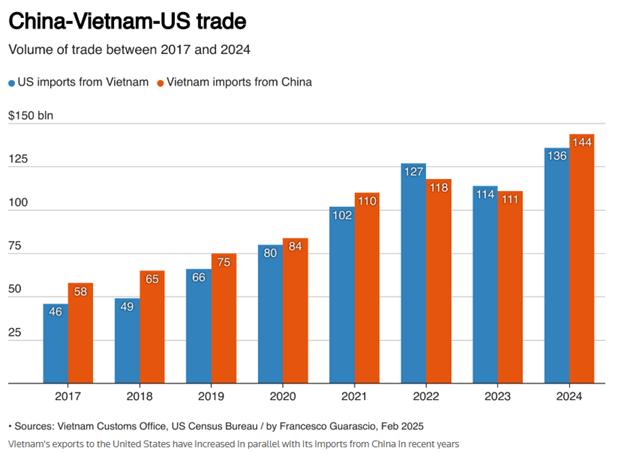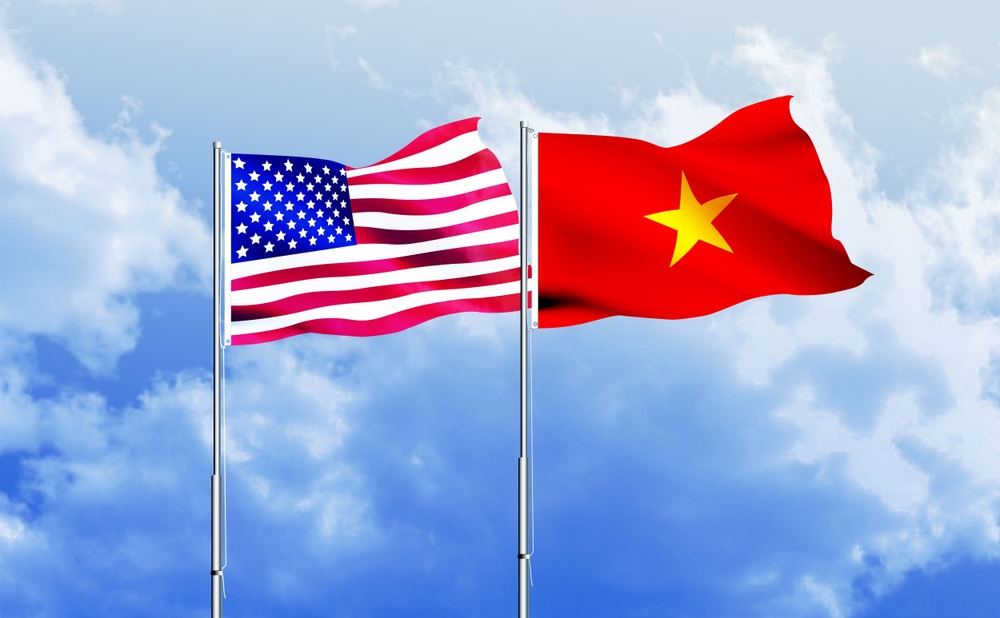Indonesia’s High-Stakes Trade Strategy
Facing a potential 32% tariff from the United States, Indonesia is pushing for a deal aimed at averting significant economic fallout. The Southeast Asian country reached a $17.9 billion trade surplus with the U.S. in 2024, making it a prime target under Washington’s increasingly protectionist strategy. In response, Jakarta is preparing a $34 billion memorandum of understanding with U.S. firms, involving increased imports of fuels and agricultural products, as well as Indonesian investments in American sectors.
Indonesia’s Chief Economic Minister, Airlangga Hartarto, emphasized that the upcoming agreement is a united national effort and that it shows that the government, regulators, state-owned enterprises, and the private sector are together in responding to the imposition of U.S. reciprocal tariffs.
Indonesia’s Boeing Talks and Strategic Signaling
Part of this broader trade charm offensive may include expensive purchases. National carrier Garuda Indonesia is in negotiations to buy up to 75 aircraft from Boeing, including 737 Max 8 and 787 models. While it’s unclear whether the jet deal is directly tied to tariff negotiations, it could serve as a strategic gesture to appease U.S. economic interests. The airline, still recovering from pandemic-induced losses, recently secured a $405 million loan to overhaul its fleet, highlighting its readiness for expansion.

Source: Reuters
Vietnam’s Deal Sets the Example
Indonesia’s urgency partly comes from a recently finalized deal between the U.S. and Vietnam, which capped tariffs on many Vietnamese exports at 20%, down from the originally targeted 46%. President Donald Trump framed the deal as mutually beneficial, noting that U.S. exporters, particularly of large-engine vehicles, would face no tariffs entering Vietnam.
While the U.S.–Vietnam agreement provides Hanoi with operating space, it also imposes stricter conditions. Shipments from third countries through Vietnam will face tariffs as high as 40%. Moreover, Vietnam continues to push for recognition as a market economy and the lifting of U.S. restrictions on tech exports, requests that Washington has so far resisted.
Broader Trade Turmoil and Regional Implications
The backdrop to these deals is a wave of tariff threats announced by Trump in April, set to take effect on July 9. Over a dozen countries are currently negotiating exemptions. U.S. trade with Vietnam has surged since tariffs were first imposed on Chinese goods in 2018, with Vietnamese exports to the U.S. tripling in six years. However, the U.S. has seen only modest gains in its exports to Vietnam.
Indonesia now finds itself trying to replicate or improve upon Vietnam’s results, knowing that a favorable deal could shape the country’s trade trajectory for years to come. Whether the $34 billion pact and Boeing negotiations will be enough remains uncertain, but Jakarta is making a move to ensure deeper ties with the U.S. can shield it from the harshest of tariffs.




